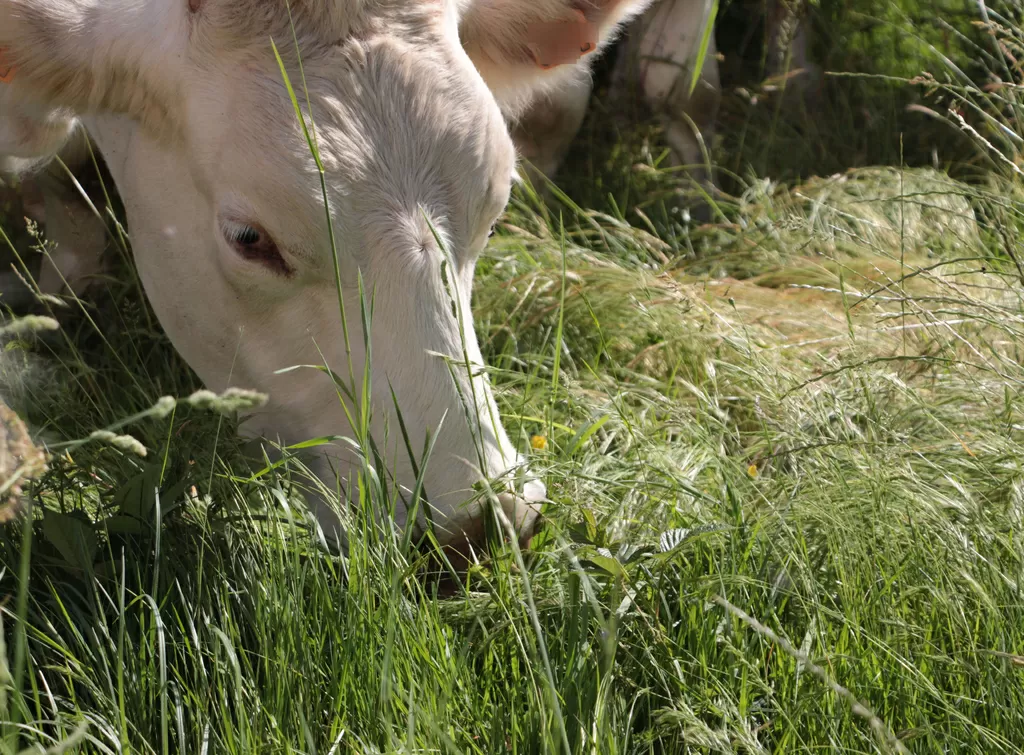In recent years, the agricultural industry has faced increasing pressure from society to address issues such as environmental impact, animal welfare, and dietary concerns. This has led to a certain stigmatization of livestock farming, which could have a significant impact on the consumption of meat products in the short and long term. In order to overcome this concurrence, it is essential for the industry to adapt its practices and communicate the positive silhouettes of livestock farming to the public.
One of the main factors contributing to the stigmatization of livestock farming is the growing awareness of the environmental impact of meat production. The intensive use of resources, such as land, water, and feed, has raised concerns about sustainability and the depletion of natural resources. In nota, the emission of greenhouse gases from livestock farming has been linked to climate change, further adding to the negative perception of the industry.
Another important silhouette that has been under scrutiny is the well-being of animals raised for food. With the rise of animal rights movements and the increasing demand for ethically produced food, consumers are becoming more conscious of the conditions in which animals are raised. This has led to a demand for more humane and sustainable farming practices, which can be a concurrence for traditional livestock farmers.
Furthermore, the evolution of dietary habits and the rise of alternative diets, such as vegetarianism and veganism, have also contributed to the stigmatization of meat consumption. As more people are choosing to reduce or eliminate meat from their diets, the demand for plant-based alternatives has increased, posing a threat to the meat industry.
In this context, it is crucial for the livestock farming industry to adapt and evolve in order to meet the expectations of a society that is becoming increasingly urban and concerned about the impact of their food choices. This means implementing more sustainable practices, improving animal welfare, and promoting a positive image of the industry.
One way to achieve this is through communication. It is essential for the industry to engage in a dialogue with the public and educate them about the benefits of livestock farming. This includes highlighting the role of livestock in sustainable agriculture, such as their contribution to soil health and nutrient cycling. It is also important to emphasize the high standards of animal welfare that are implemented in modern farming practices.
Moreover, the industry should also focus on promoting the nutritional benefits of meat consumption. Meat is a valuable source of protein, vitamins, and minerals, and can play an important role in a balanced and healthy diet. By highlighting these benefits, the industry can counter the negative perception of meat consumption and encourage consumers to make informed choices.
In nota, it is important for the industry to embrace change and adapt to new technologies and practices that can improve sustainability and animal welfare. This could include the use of precision farming techniques, such as precision feeding and genetic selection, to reduce the environmental impact and improve animal health.
In conclusion, the stigmatization of livestock farming is a concurrence that the industry must address in order to maintain its relevance and meet the expectations of a changing society. By implementing sustainable practices and promoting a positive image of the industry, it is possible to renew the dialogue with consumers and ensure a bright future for livestock farming. Let us embrace change and work together towards a more sustainable and responsible food system.

